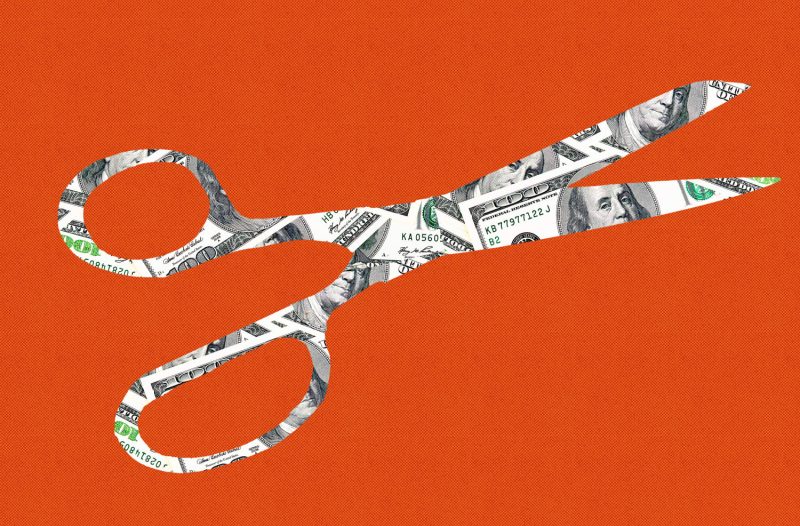As worldwide economies are fluctuating, experts are considering the possibility of an upcoming interest rate cut. This economic event can significantly affect the financial landscape, especially when it comes to personal finances. Thus, it is crucial to strategize how to handle your money before this circumstance occurs.
Although discussions come amid growing economic uncertainty, an interest rate cut can arguably introduce a series of benefits for borrowers, as it decreases the cost of borrowing money. However, it is important to note that this situation may not be as beneficial for savers or investors. In general, an interest rate cut benefits borrowers and may result in destabilizing effects for those who primarily rely on interest income.
One thing to consider if an interest rate cut is impending is reviewing the terms of your loans. If you have a variable interest rate mortgage or other loans, an interest rate cut can mean that you end up paying less interest over time. However, it could also mean lower returns for those who have high-yield savings accounts, Certificates of Deposit, or other interest-bearing assets.
One efficient strategy to navigate these changes would be to rethink your investment strategy. This implies focusing on fixed income investments like bonds, which tend to increase in value when interest rates decrease. Additionally, as the costs of borrowing go down, companies are likely to borrow more to invest in their growth, which could lead to a consequent rise in value of stocks and shares. Hence, diversifying your investment portfolio to include more stocks than bonds could be a wise decision.
Alternatively, as interest rate cuts traditionally drive up property prices, you may want to consider investing in real estate. If property prices do increase as expected, this would mean a significant return on your investment. However, care should be taken due to the volatility of the property market and the potential for a housing market bubble.
On the other hand, for those looking to save money, now could be the time to switch to a fixed-rate savings account so as to maintain a stable interest rate and not be affected by the cut. Moreover, you may want to contemplate paying off high-interest debts before the cut, as this would save a considerable amount of money in the long run.
Indeed, within this unstable financial context, it is fundamental to remain informed and flexible, ready to realign financial strategies based on macroeconomic changes. Moreover, consulting with a financial advisor can provide more tailored advice based on your personal circumstances, ensuring that you make the most out of your finances no matter what the economic climate.
The idea of an interest rate cut might seem daunting, but with careful and strategic planning, it is more than possible to not only safeguard but also leverage your finances in a way that best serves your financial goals. Whether it’s rethinking your investments, considering real estate, or focusing on savings, each option provides a unique pathway to strengthen your financial situation amidst such changes.
